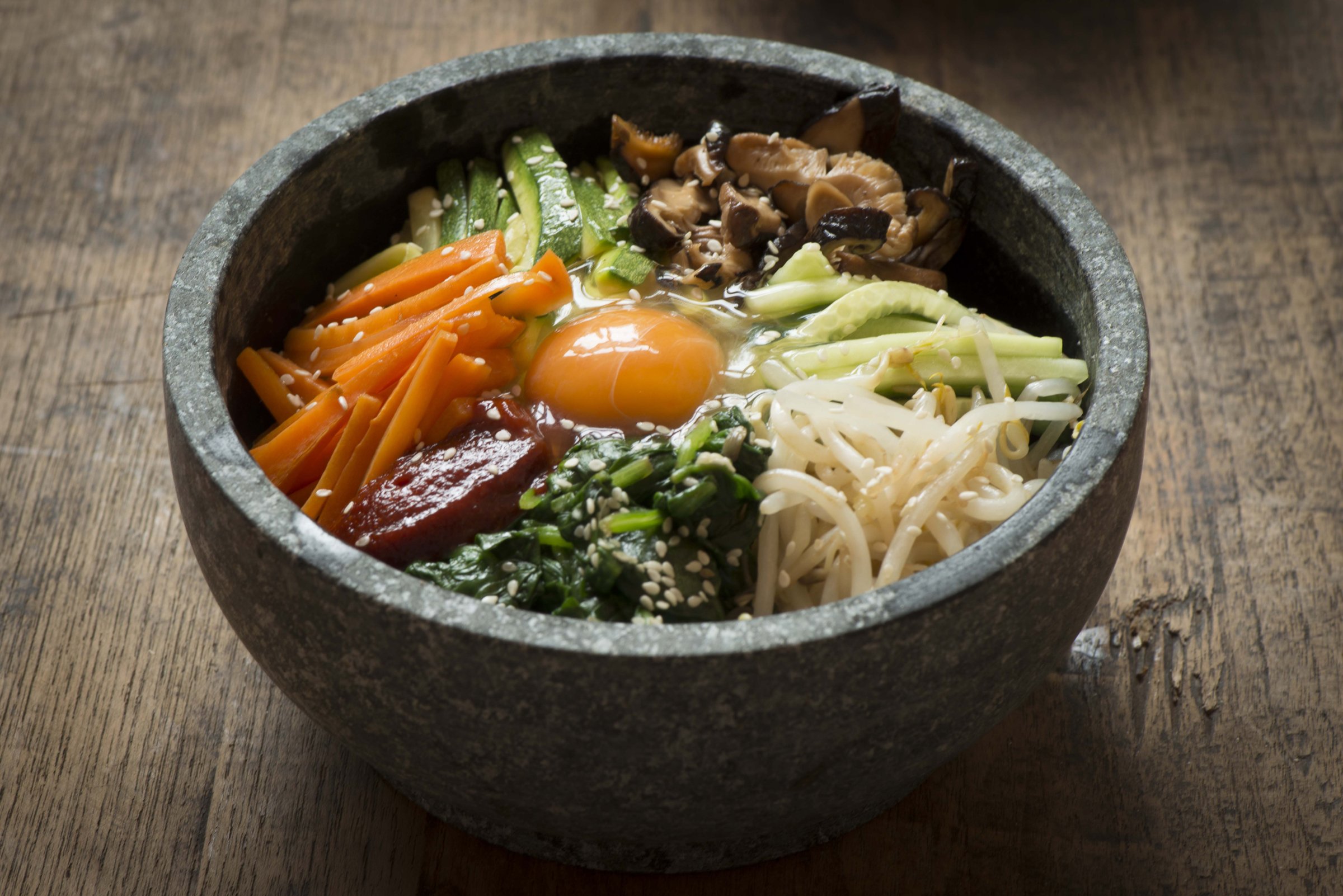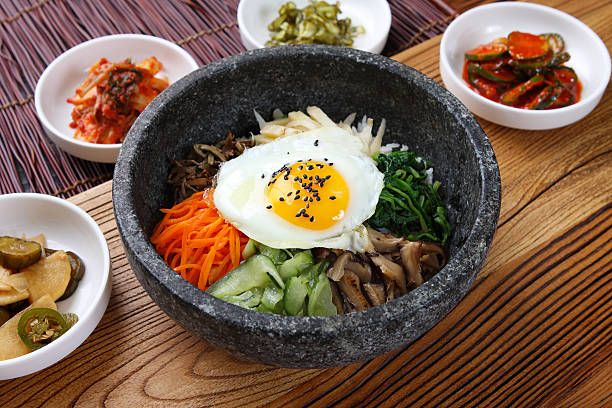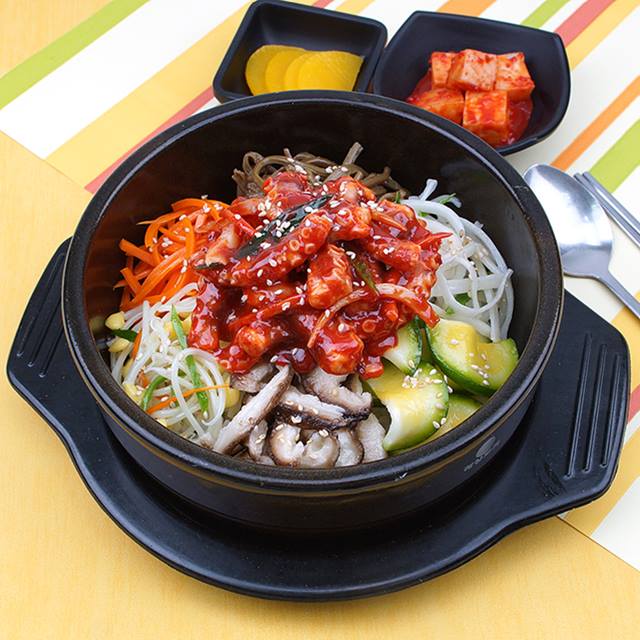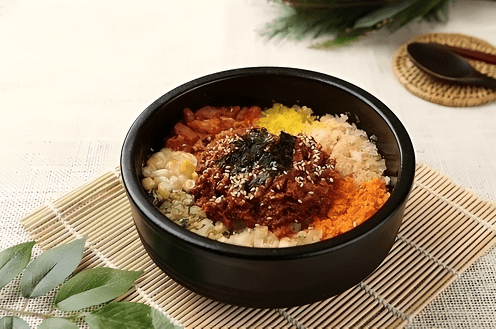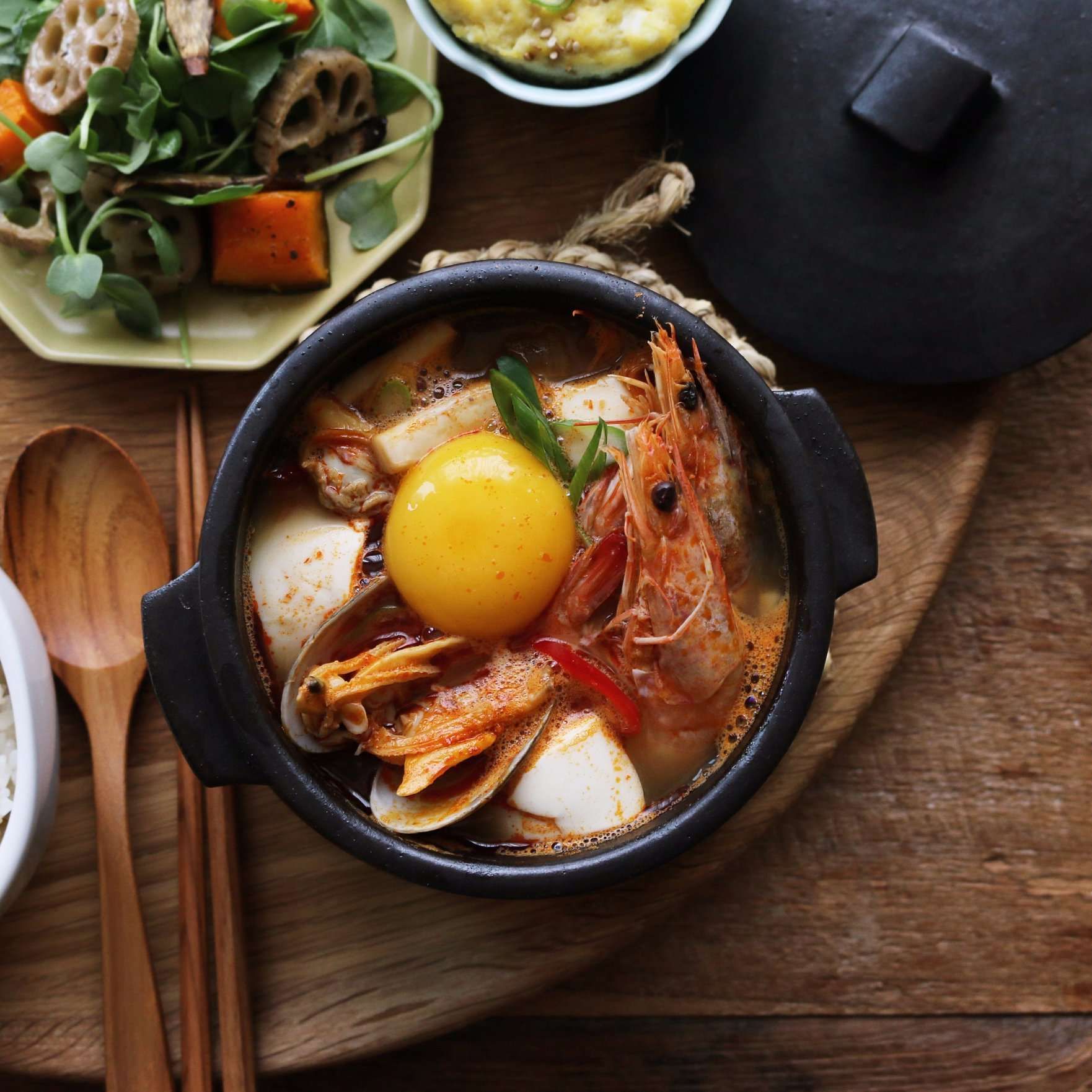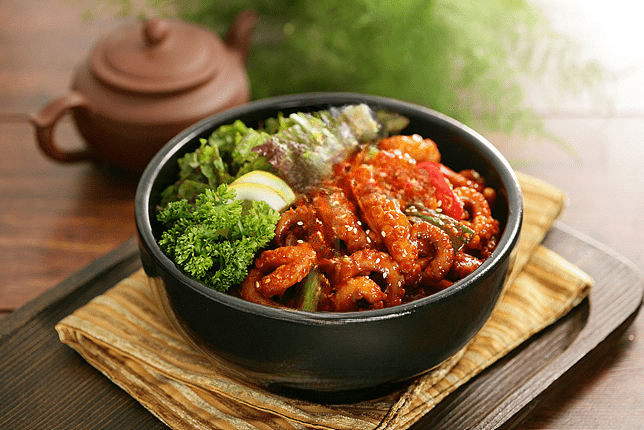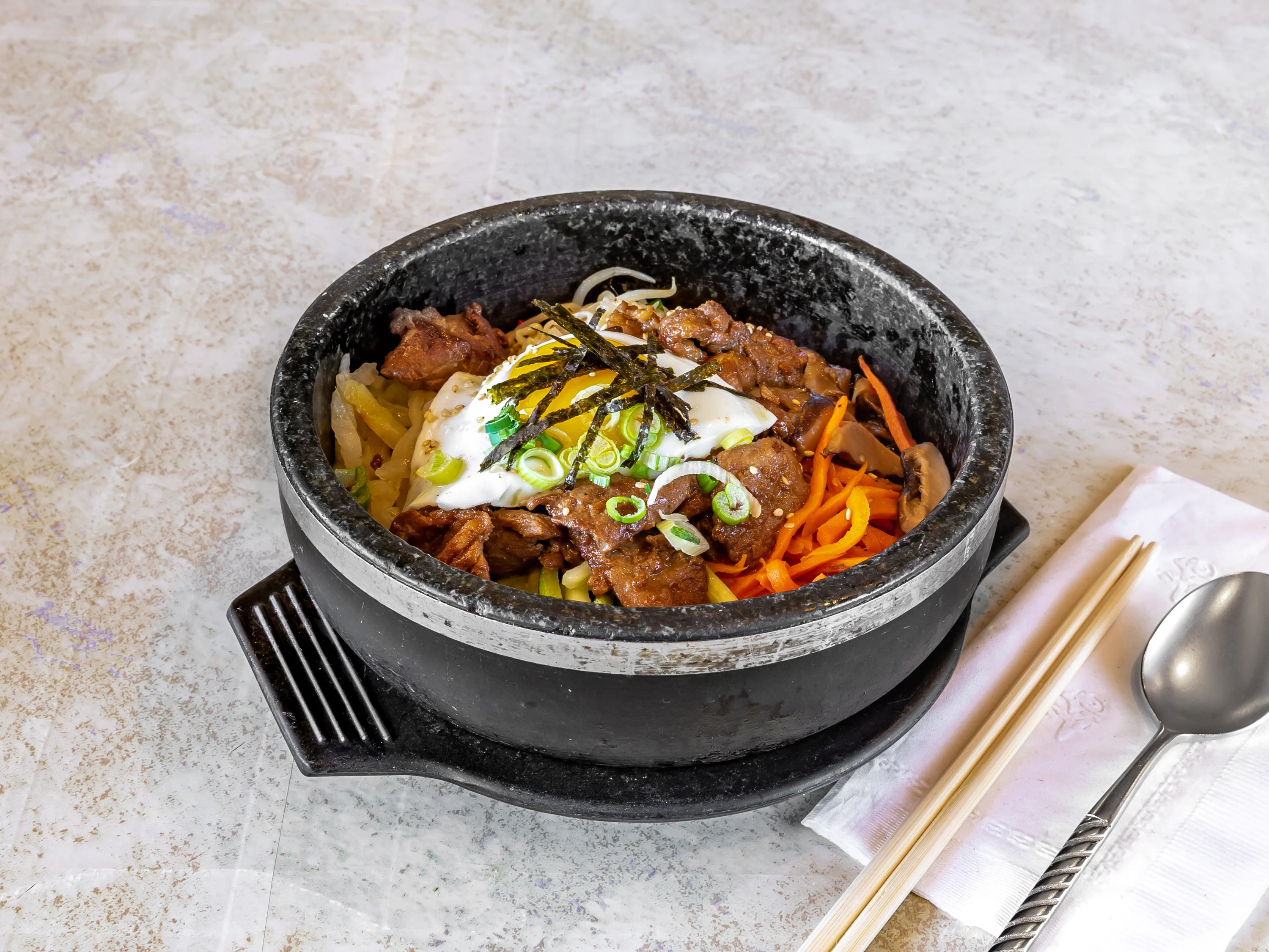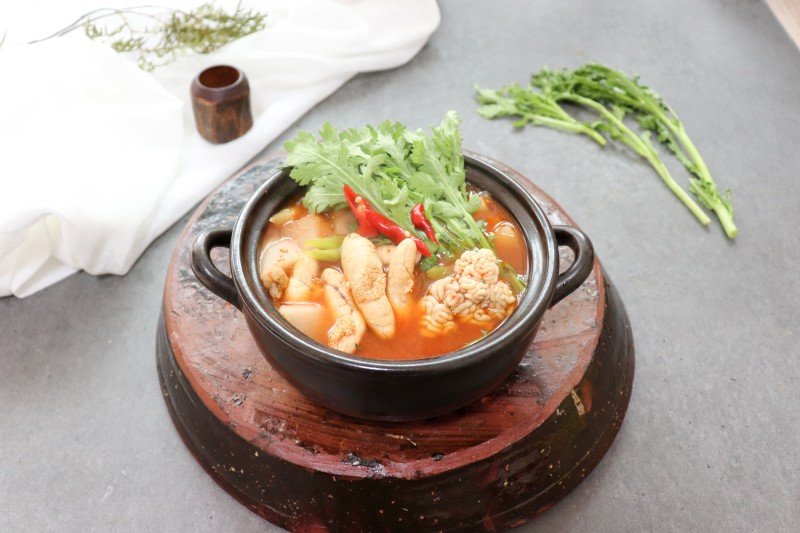갑돌 비빔밥 Gopdol Bibimbap
갑돌 비빔밥
갑돌 비빔밥, also known as Gobdol Bibimbap, is a traditional Korean dish that has gained significant popularity both domestically and internationally. It is a delightful blend of fresh and healthy ingredients combined in a hearty and flavorful way. In this extensive overview, we will explore the various components, cooking methods, and cultural significance of 갑돌 비빔밥.
To start, 갑돌 translates to "steamed stone," which refers to the hot stone bowl used to serve the dish. The stone bowl retains heat for a considerable amount of time, allowing the ingredients in the bibimbap to cook further and develop more flavors. This unique feature adds an extra layer of depth to the dish, making it not only delicious but also visually appealing.
The main ingredients in 갑돌 비빔밥 typically include rice, various vegetables, meat or tofu, and a variety of flavorful sauces. The vegetables used can range from classic options like spinach, carrots, bean sprouts, and mushrooms, to more adventurous choices such as fernbrake (gosari) or bracken. The meat options commonly found in bibimbap include beef (bulgogi), pork (samgyupsal), or chicken, while vegetarians can opt for tofu or tempeh as a protein alternative.
The cooking process of 갑돌 비빔밥 is relatively simple, yet requires attention to detail. The first step is to prepare and cook the individual ingredients separately, ensuring they are properly seasoned and cooked to the desired texture. The vegetables are typically blanched or stir-fried, while the meat is marinated and grilled or pan-fried. Once all components are ready, they are artfully arranged on top of a bed of steamed rice in the heated stone bowl.
To enhance the flavors, various sauces are used in 갑돌 비빔밥. The most popular sauce is gochujang, a spicy fermented red chili paste that adds a kick to the dish. Other condiments such as sesame oil, soy sauce, or doenjang (fermented bean paste) may also be added to complement the flavors. These sauces can be mixed in with the rice and ingredients or served on the side, allowing each diner to adjust the taste according to their preference.
Beyond its delicious taste, 갑돌 비빔밥 holds cultural significance in Korean cuisine. It represents the principle of "bap" (rice) as the foundation of a meal, acknowledging the importance of rice as a staple food in Korean culture. Combining nutritious vegetables, protein, and carbohydrates, bibimbap embodies the concept of a balanced diet and healthy eating.
Moreover, 갑돌 비빔밥 has become a beloved dish worldwide due to its versatility. It can be customized to accommodate dietary restrictions or preferences, making it suitable for vegetarians, vegans, and gluten-free individuals. Additionally, the vibrant colors, array of flavors, and interactive aspect of mixing the ingredients together make it an enjoyable dining experience for people of all ages.
In conclusion, 갑돌 비빔밥 is a cherished Korean dish that showcases the harmonious blend of flavors, textures, and cultural significance. Its delightful combination of rice, vegetables, protein, and sauces make it a well-rounded meal choice that is both healthy and enjoyable. Whether you enjoy it at a local Korean restaurant or cook it at home, 갑돌 비빔밥 is a culinary experience that should not be missed.
